Q. As an internet marketing speaker at the upcoming Content Marketing Conference in Las Vegas, you’ll be discussing “Creating Content with the Social X Factor.” How would you define the X factor?
A. The Social X Factor is the intersection of your brand’s passion and your customer’s passion. When you have it, you have the ability to leverage the combined energy and audience to make your owned, earned and paid efforts very successful.
Q. You’ll be presenting case studies on pumpkin, pasta and paint, illustrating how passion becomes the driver for social success. We understand how people could become passionate about pasta and paint, but pumpkin? How do you get people passionate about pumpkin?
A. People are passionate about health. And few things are as healthy as pumpkin. To fuel this passion, we used humor and information to remind people of pumpkin’s superfood status and then we picked a fight with the wannabes like kale and quinoa.
Q. You’re senior vice president and digital strategist with Marcus Thomas, a company that’s been engaged in marketing since the 1940s. How does that strong history in marketing help shape decisions the firm makes today?
A. We were around when it was all about the message, so we recognize the amazing power that comes from finding relevant conversations and joining them. Conversing with someone is always more effective than speaking to someone. Everything we do today is about finding the sweet spot in the value exchange.
Q. How was the firm able to make the successful transition from traditional advertising to the new strategies of content marketing? How were you?
A. Content marketing, in one form or another, has been around for years. What makes it difference today is the ability to measure, monitor and optimize your engagement on the fly. Our agency was able to make the transition because we were always good content creators and we complimented that with deep analytics and digital to tie it all together.
Q. You founded the pioneering digital agency of DigiKnow in 1995, giving you an impressive history in content marketing, as well. What prompted you to found the firm?
A. I was a writer and VP of public relations when one of my friends started experimenting with electronic bulletin boarding systems (pre-dating the web). That digital exposure motivated me to read more and more about the advent of the Web and its potential impact on the world of marketing. I just knew this was going to be the only new thing to come around to advertising since the television. I suggested to the Cleveland Indians in 1994 that they embrace the web but it was too early for them. In 1995, while sharing a business plan with my, then, boss, I got a call from the Indians asking for a meeting. They became one of our first clients three weeks later. And my boss became one of my partners.
Q. How did you end up with offices in Argentina?
A. Ten years ago, almost to the day, we followed an intern’s recommendation to visit his home country. He told us about his friends who were computer engineers, and the devastating crash of the economy. My business partner and I got on a plane, and the rest, as they say, is history.
Q. What were some of the biggest challenges you faced early in the content marketing game?
A. Content marketing means different things to different people. This is still a challenge.
Q. What are some of the biggest challenges facing most businesses today?
A. The speed at which business operates and changes is a blessing and a curse.
Q. In your experience, were companies generally receptive to the new marketing methods or did they stubbornly stick to the old way of doing things? Please explain.
A. Hmm. That depends. Marketing management typically wants solutions that are simple. If the solution is simple, e.g., build me a website, then they’re receptive. But if it’s complex, i.e., I want a content marketing program for lead gen run through Marketo and supported by Salesforce, then they’re a little stubborn. Most of today’s strategies are complex and often require collaboration between sales, marketing, IT, etc…
Q. As a regular speaker at content marketing conferences, what topic is your absolute favorite to discuss, and why? Which topic makes you cringe, and why?
A. I love to talk about finding out what people are really trying to buy. I hate to talk about technology.
Q. One more very important question. Your LinkedIn profile says you love dogs and hate lemmings. We totally understand the love of dogs, but what’s with the hatred of lemmings?
A. People who follow anything without thinking aren’t to be respected. Use your head. Think for yourself. Don’t be a lemming.
Q. Anything else you want our readers to know?
A. I was named after the first player picked in 1958 NFL Draft.
Thank you!


